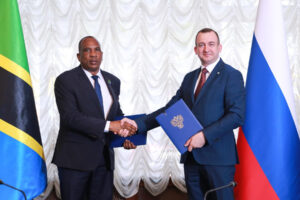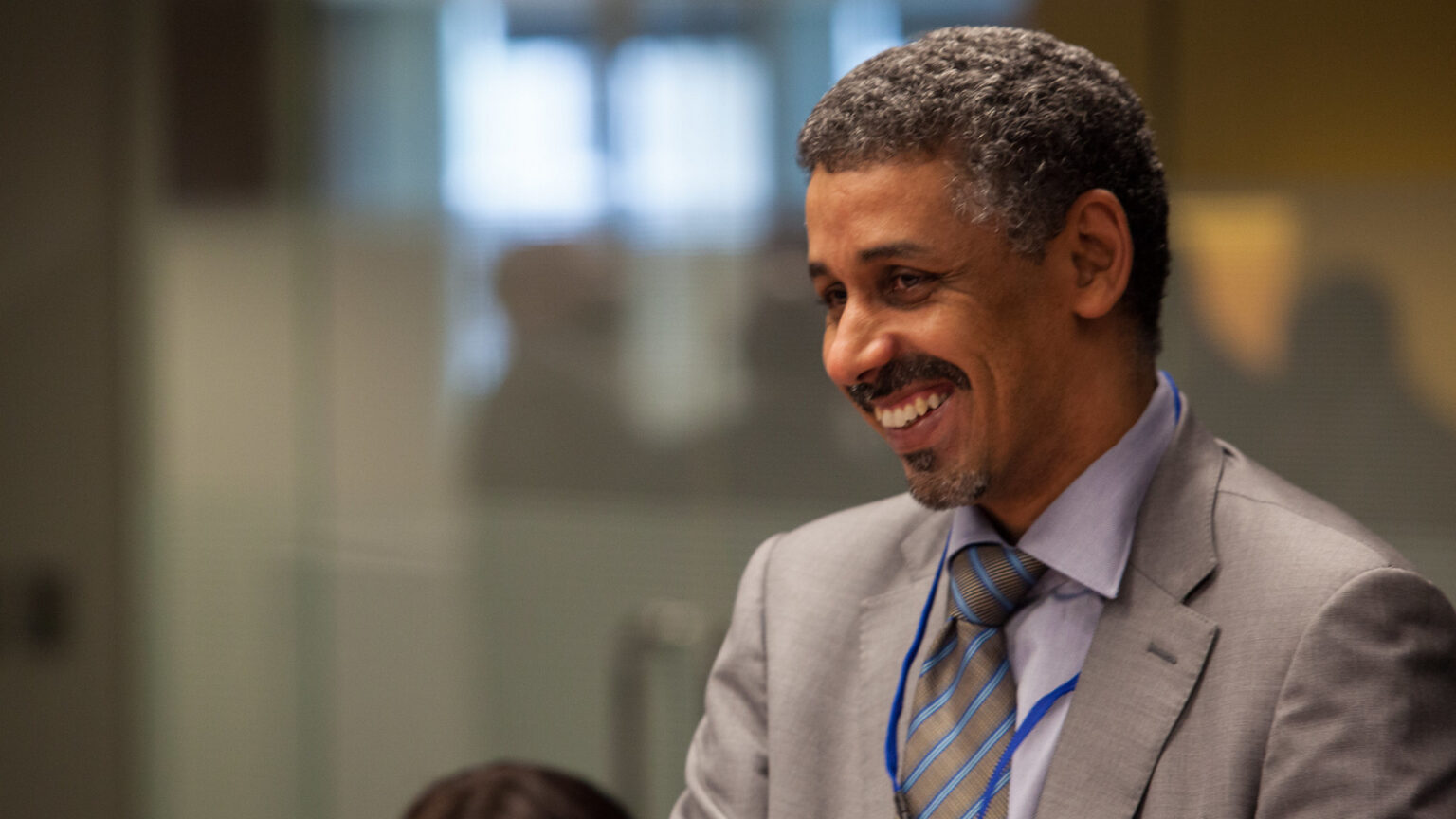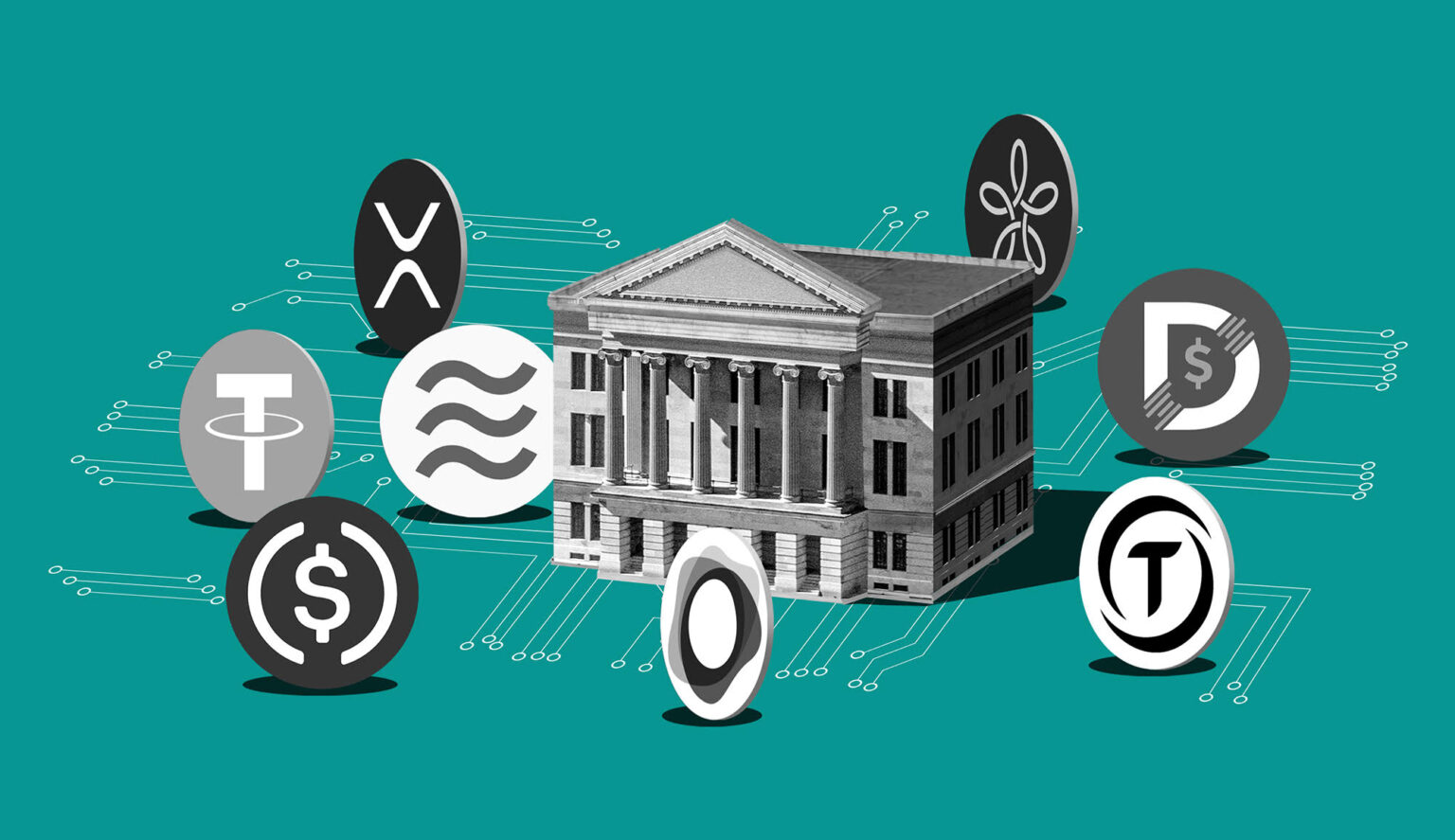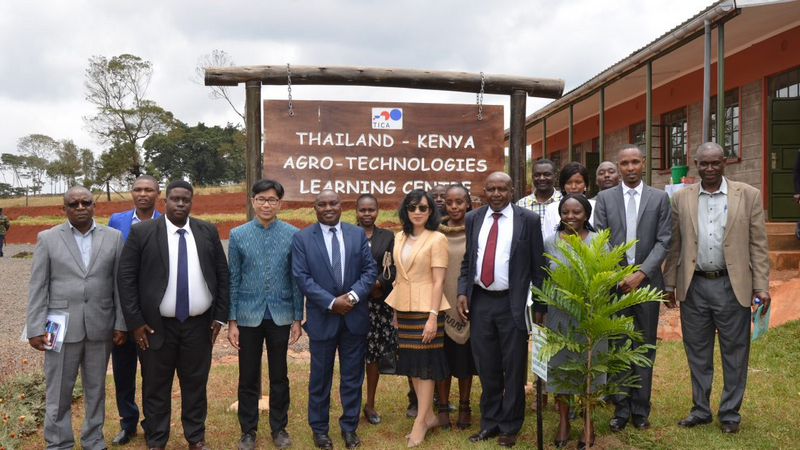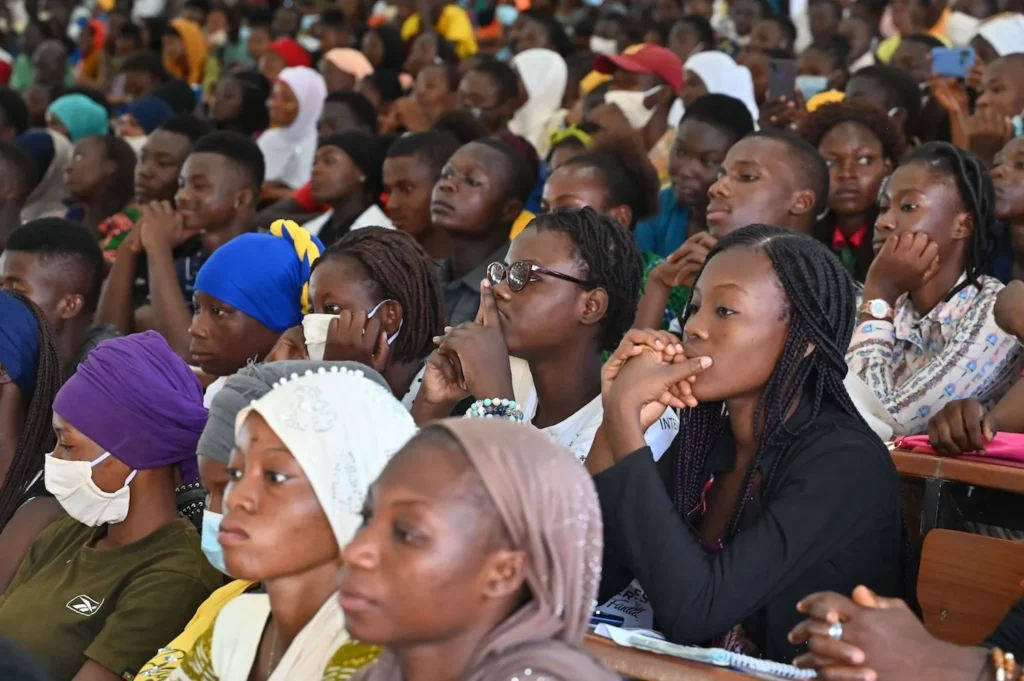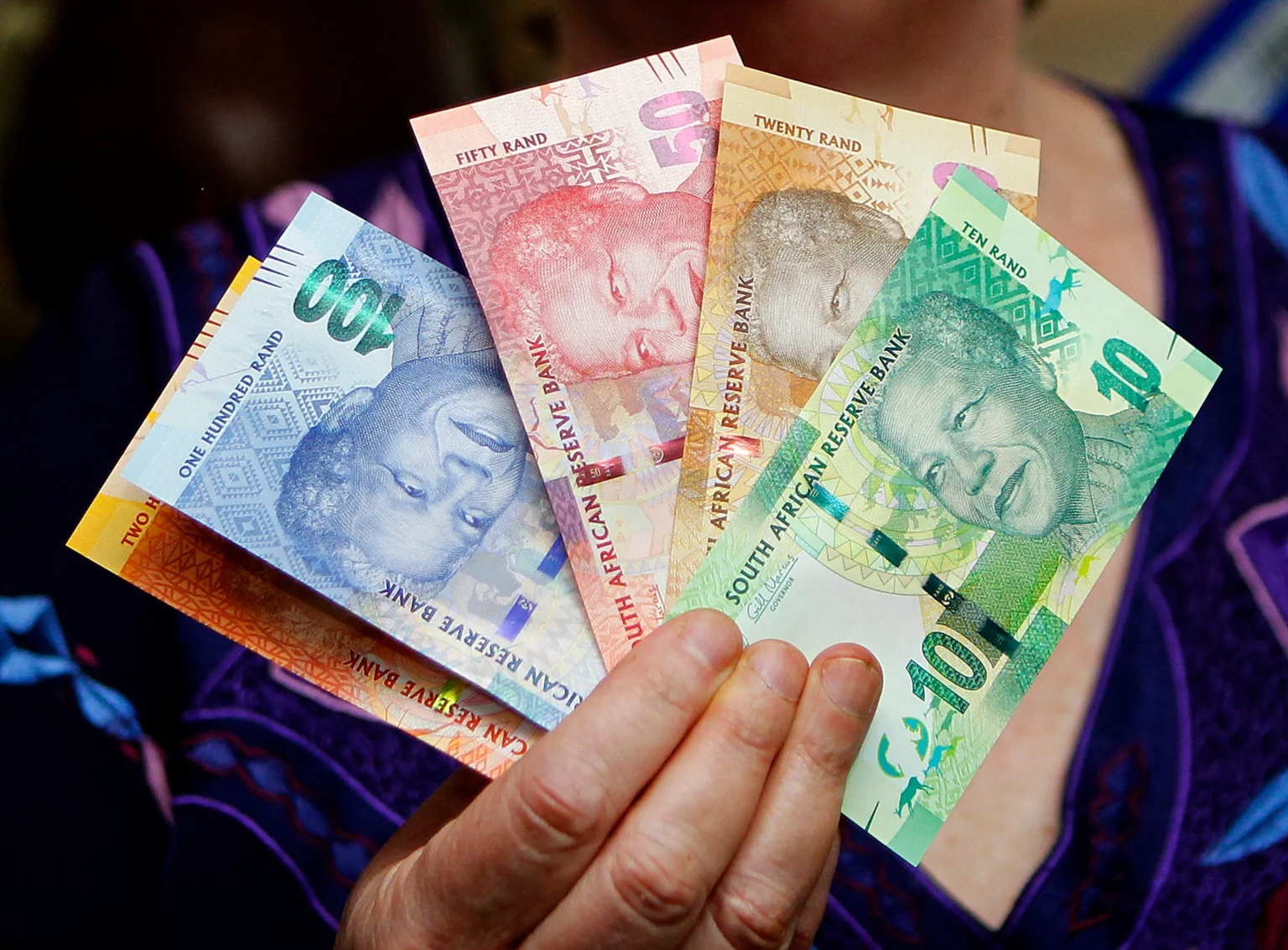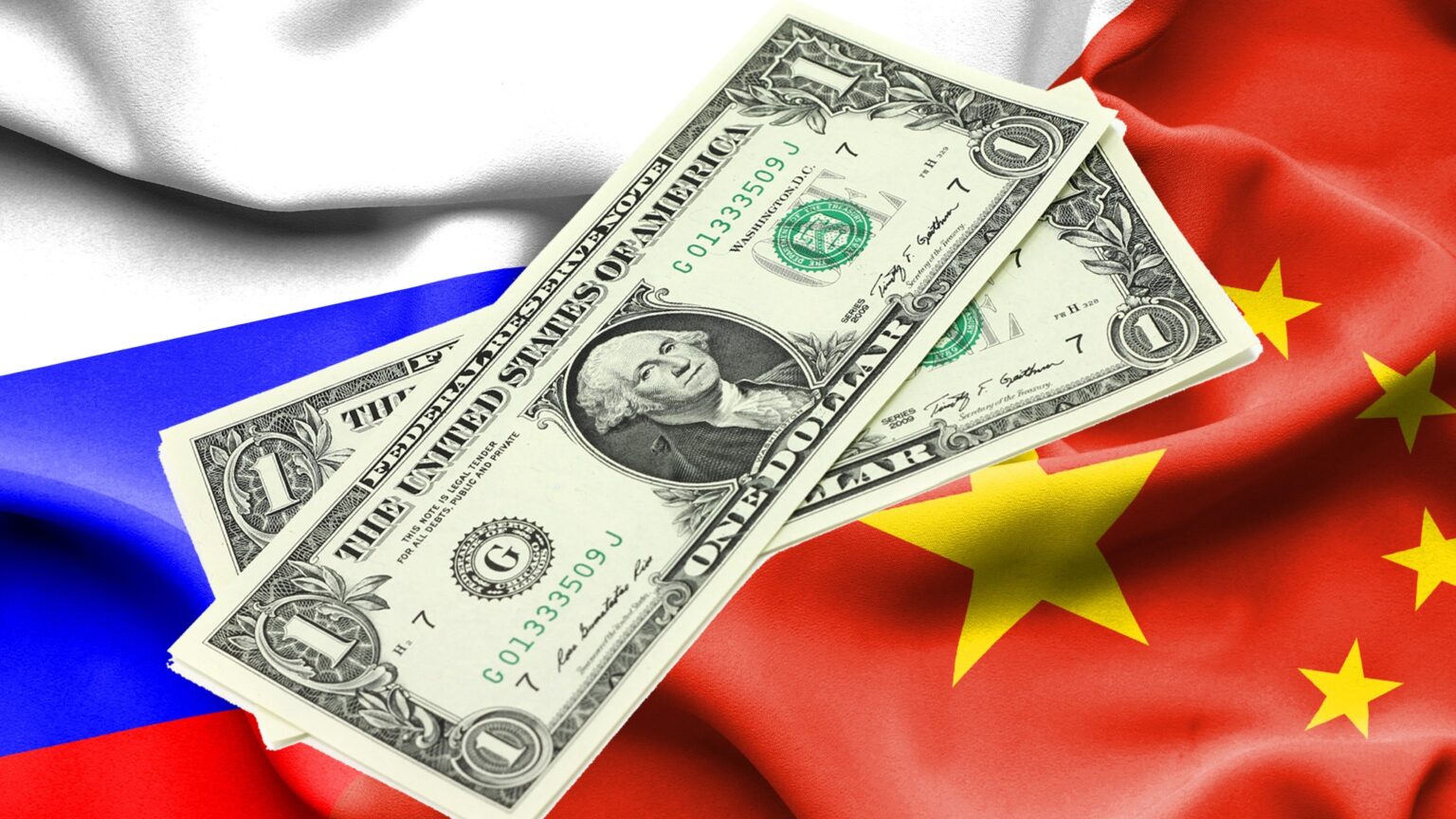- Russia and Tanzania unite to double trade, boost Africa market access
- History as Janngo Capital seals Africa’s largest gender-equal $78M tech VC fund
- South Africa Budget Disappoints Investors as Deficit Widens
- Kenya drops to 6th place in Africa trade barometer
- Tanzania’s bold move to boost cashew nut exports by 2027
- Chinese cities dominate global list of places occupied by billionaires
- Sudan tops up as Africa aims for $25 billion development fund
- Opportunities for youth: Tech firms Gebeya and NVIDIA to train 50,000 developers in Africa
Author: James Ndwaru
I am a writer based in Kenya with over 10 years of experience in business, economics, technology, law, and environmental studies.
The Arab Bank for Economic Development in Africa (BADEA) has been a key player in Senegal’s economic landscape since 1975, working diligently to promote economic and social development in the country. Dr. Sidi Ould Tah, the Director General of BADEA, sheds light on the bank’s mission, projects, and strategic partnership with Senegal in his conversation with African Business portal.
BADEA’s Mission and Operations in Senegal
As a multilateral development bank owned by 18 Arab States, BADEA’s mission is to foster cooperation between Arab countries and Africa through investments and trade. The bank operates in four main areas: infrastructure, private sector development, agricultural value chains, and support for SMEs, with a focus on women and youth entrepreneurship. However, such a business niche for investment as online gambling still remains untapped, so there is ample opportunity for new cooperation in this area. For example, the 7alalcasino website dedicates its various services to …
Africa is a strong contender for developing technologies such as blockchain and cryptocurrency owing to the continent’s growing mobile tech adoption rates. Considering the turbulent global financial markets, expensive remittance costs, and restricted banking access, blockchain in Africa offers alternatives to tackle their day-to-day issues.…
Currently, Africa is over-exposed to the impact of the US Dollar. Thus, African nations must either act individually or together to mitigate these effects. Dollar strength bursts are cyclical. Therefore, there should be enough time to implement efforts before the next one occurs. African governments have recognized the harm done in the previous year and should work round the clock to find a lasting solution.…
Regionalising the power balance between central and commercial banks can address the risks associated with the adoption of CBDCs in Africa. Commercial bank digital wallets can thus reduce the costs underlying the correspondent banking channels. These wallets can also promote cross-border trade in Africa by restricting the focus of central banks to the B2B and interbank payment ecosystems. Central banks have traditionally managed this well while incorporating these systems across borders. In such a scenario, each actor—public and private—does what it does best.…
[elementor-template id="94265"]
Kenya has recently entered into a promising three-year bilateral agreement with the Royal Government of Thailand to improve crop and animal production practices in the East African nation. The agreement, signed on July 9 last year, outlines a comprehensive collaboration where the Thai government will share its knowledge and expertise in modern and emerging agricultural technologies with Kenyan scientists. The focus is on fostering a knowledge transfer partnership through training programs facilitated by existing state institutions.
Thai Ambassador’s Optimism
Thai Ambassador to Kenya, Ms Sasirit Tangulrat, expressed optimism about the partnership during a recent event at the Nyeri Kenya School of Agriculture. The occasion involved the handing over assorted agricultural equipment and exhibition materials to the center. Ambassador Tangulrat highlighted the urgency of addressing Kenya’s current food crisis, exacerbated by six consecutive seasons of failed rains.
“The Royal Thai Embassy engaged them (Kenya School of Agriculture) to set up this …
Over the past decade, addressing the three pressing needs of the youth—education, engagement, and livelihoods—has become a central tenet of global and continental policy discussions. The United Nations Sustainable Development Goals (SDGs) consider youth as essential partners for achieving inclusive and peaceful societies.
Africans of all ages seem to understand that if the youth are suffering and unable to establish productive livelihoods, it becomes a societal problem. As such, many agree that there is a need for intervention from the government and other stakeholders in addressing the challenge of youth unemployment in Africa.…
[elementor-template id="94265"]
The Kwacha is the official currency of Zambia. The country's foreign exchange rate remained unsettled for a very long time. However, Zambia has made substantial steps in recent years to strengthen its currency through economic measures and foreign support.
Zambia has set an example for other African nations by efficiently controlling its currency. While facing numerous economic issues, such as a drop in copper prices and a large debt, the Kwacha exchange rate has remained reasonably constant.…
[elementor-template id="94265"]
Official data has shown that the cost of transacting in international currencies is often 2 or 3 per cent higher than dealing in local alternatives. The higher cost often creates significant international trade obstacles. Ultimately, the progressive decision-making of the Russian government could save Africa from the damaging effects of a strong dollar. Consequently, international trade will become accessible to businesses in Africa. This will boost economic growth in the respective partner countries.…
[elementor-template id="94265"]
In recent times, the economic ties between Africa and India have flourished, creating a pathway for mutual growth and collaboration. This article aims to shed light on the evolving economic relations between the two regions while also exploring the vibrant entertainment landscape in India.
Economic Relations Between Africa and India
Over the years, Africa and India have forged strong economic partnerships, fostering trade, investments, and technological exchanges. The economic relations have become multifaceted, covering various sectors such as agriculture, healthcare, technology, and infrastructure development.
Trade Ties
Trade between Africa and India has witnessed significant growth, with both regions benefitting from the exchange of goods and services. India, with its diverse economy, exports pharmaceuticals, machinery, automobiles, and textiles to African countries. In return, Africa contributes with its rich resources, including minerals, oil, and agricultural products.
Investments
Indian companies are increasingly investing in Africa, contributing to infrastructure development and job creation. These …
Ghana finds itself in the classic emerging market trap. This comes from owing too much in someone else’s currency when the global economic tide turns. One ought not to read too much into an emerging economy getting creative with money or to confuse the confiscation of private assets with a more conventional process of fiscal retrenchment that would gain IMF approval. If the plan succeeds, Ghana may have saved itself from an economic meltdown, especially in a period widely considered as economic turmoil, per the World Bank’s analysis of the 2023 economy.…
[elementor-template id="94265"]
